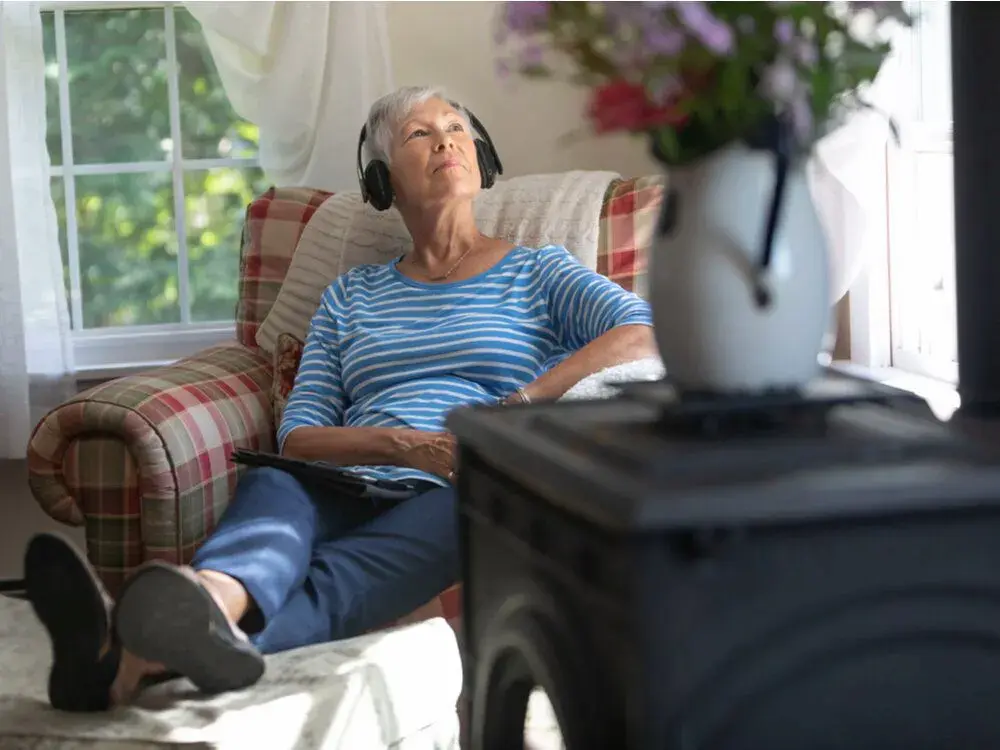Katy Jones

About Me & Career Pathway
I joined the Care Expert team in August 2022. My main responsibility as a Care Expert is supporting care seekers in finding the most suitable care options for themselves or their loved ones, including the best care homes and home care agencies. I use my comprehensive knowledge across all aspects of elderly care to provide personalised and informed guidance.
Building meaningful relationships with care seekers is one of the most rewarding aspects of my role as a Care Expert. I take great pleasure in getting to know care seekers personally, understanding their stories, and forming connections that allow me to provide compassionate support. Helping families navigate through often challenging and emotional situations is incredibly fulfilling. Many of us will have a family member who requires care at some point in our lives, so I find easing this process for others really rewarding.
My goal is to ensure that every care seeker feels supported and confident in their decisions, leading to better care outcomes and greater peace of mind for their families.
I also help employees find care solutions through Seniorcare By Lottie, a service for people who are juggling paid work and unpaid caring responsibilities.
Home Care Experience
I previously worked as a domiciliary care assistant for Bluebird Care. Domiciliary carers provide care and support to people in their own homes so they can remain independent.
At Bluebird Care, I carried out various duties, including:
- Personal care - Assisting people with getting dressed and undressed, getting in and out of bed, and using the bathroom
- Medication support - Helping the people I supported take prescribed medications safely and on time
- Transportation - Providing transport to and from medical and other essential appointments
- Running errands - Helping with errands such as shopping, to support with daily living
- Companionship - Offering emotional support and companionship care to enhance the quality of life for the people I looked after
Qualifications, Certifications and Topics of Expertise
I have received training from:
- The NHS (and have obtained an NHS Care Certificate)
- The National Bereavement Service (bereavement support)
- Mind (mental health support)
- Integrated Care Board (ICB) leads
- Financial Conduct Authority (FCA) & Society of Later Life Advisers (SOLLA) accredited financial advisers
I’m also a certified Dementia Friend and a SOLLA affiliate member.

How To Apply For the Carers Element of Universal Credit
We’ve explained how to apply for the Carers Element of Universal Credit. If eligible, you could receive an extra £46.54 a week (or £201.68 a month).
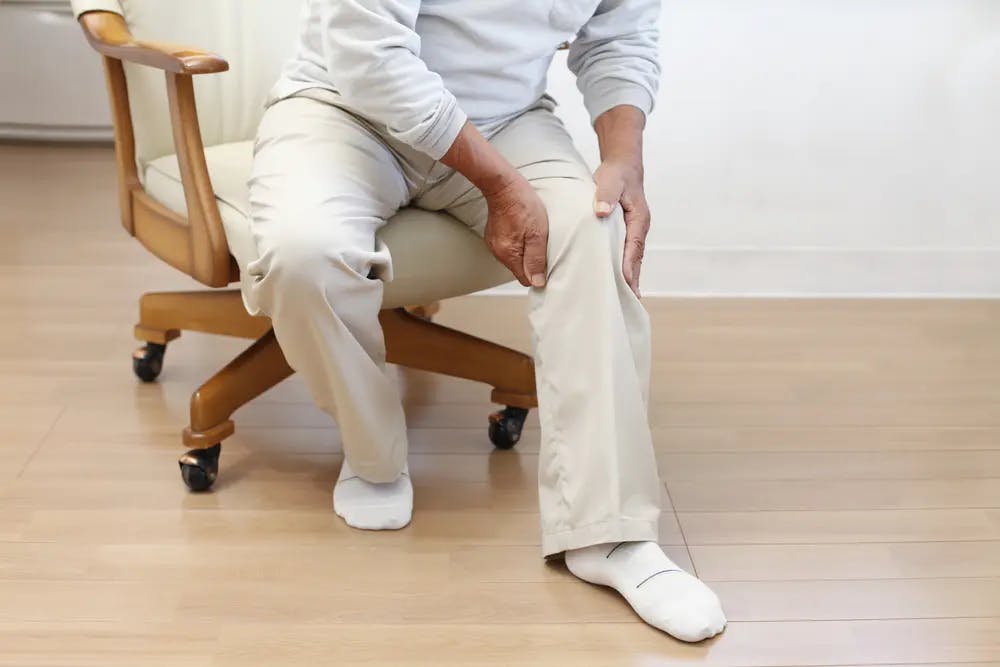
Knee Replacement Recovery Time For Older Adults | Tips, Timelines and Home Care Support
Here's how long the knee replacement recovery time lasts for older adults and how this process works, from staying in the hospital to receiving care at home.
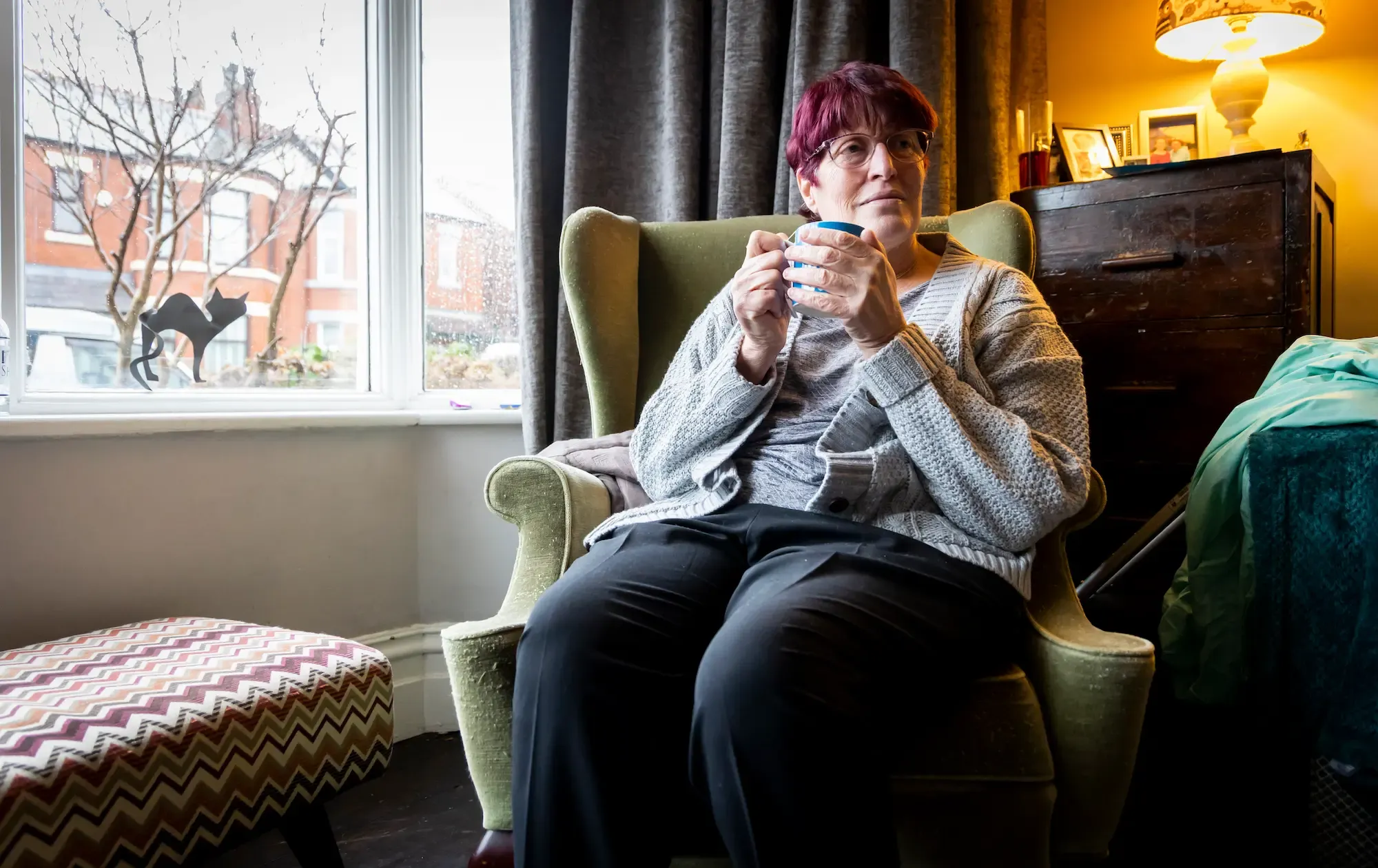
Your Checklist Of Questions To Ask When Searching For Home Care
Click here for a checklist of questions to ask prospective home care agencies, including about their carers and how evolving care needs will be supported.
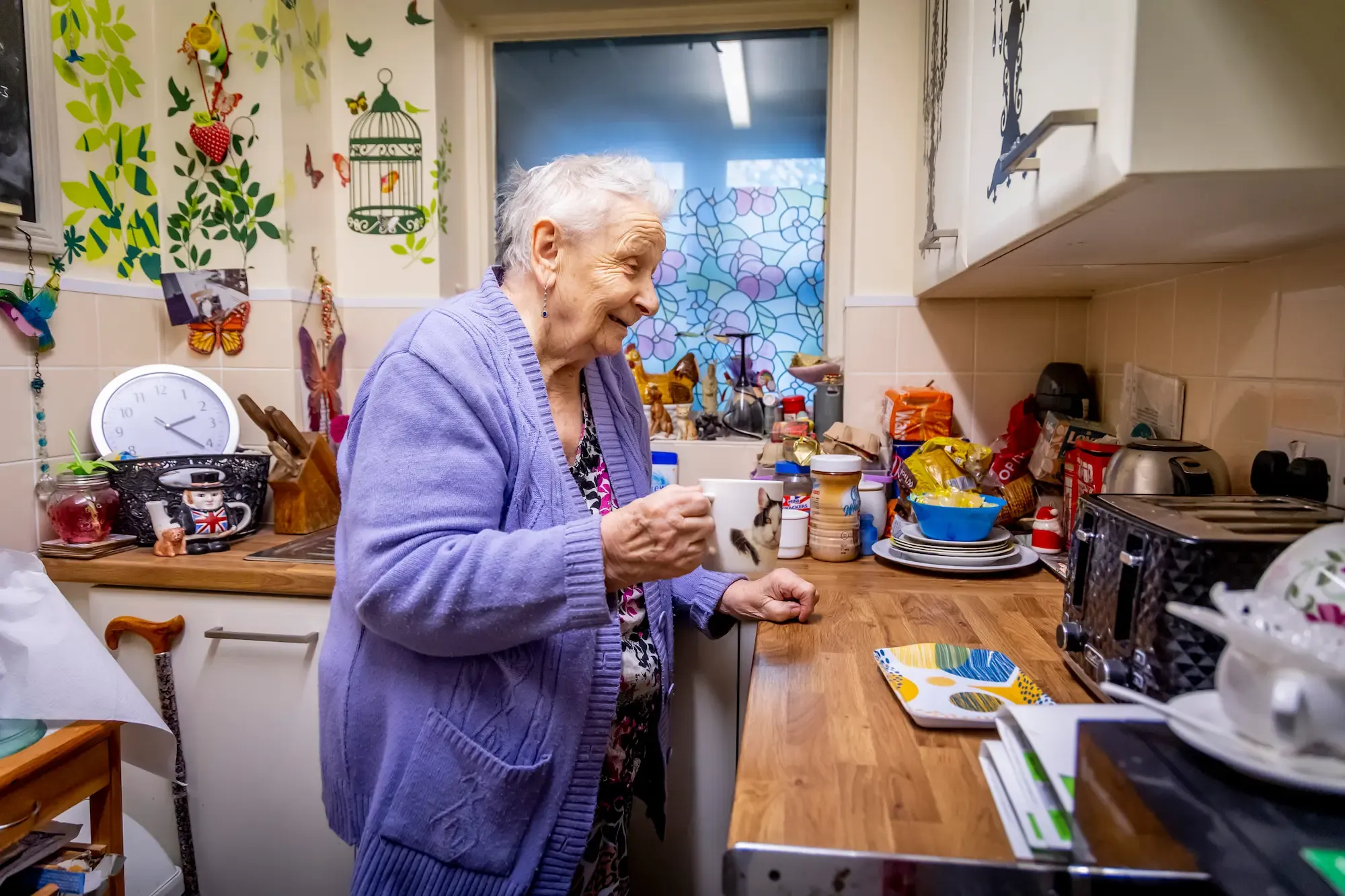
What’s The Difference Between Home Care Agencies and Self-Employed Carers?
We’ve explained the key differences between home care agencies and self-employed carers to help you make the right choice for you or your loved one.

Care Home or Home Care | Which Is The Right Choice For You?
Here are the different options for care homes and home care, advantages, other key considerations, and the cost of both, to help you choose the right option.

Home Adaptations For Older Adults | How To Adapt Your Home For Care
You may need home adaptations to continue living safely in your own home. This article explains adapting your home, including what these adaptations are.

Direct Payments For Carers and Care Seekers 2025 | Eligibility and How To Apply
Direct payments provide support for carers, and allow care seekers to arrange their own care. Learn more about direct payments and whether you're eligible here.

Do You Have To Pay For Carers In Your Own Home?
Whether you’ll pay for your home care depends on the results of a financial assessment. This article explains when you have to pay for carers in your own home.

Cost of Respite Care In the UK | Care Homes and Home Care
Here's the average cost of respite care across the UK for 2025, both in care homes and through care at home. This includes residential and nursing respite care.

How To Apply For Carer’s Allowance | Step-by-Step Guide
Here's how to apply for Carer's Allowance. This benefit is for people who spend at least 35 hours a week caring for somebody who receives certain benefits.

Winter Respite Care | What Is Winter Respite Care and Where Is It Available?
Winter respite care allows you to take a break from caring while your loved one is looked after by someone else. Here, we've explained this care.

Dignified and Supportive At-Home Hospice Care For Your Loved One
If your loved one has a serious or terminal illness, at-home hospice care allows them to be comfortable and looked after with compassion in their own home.
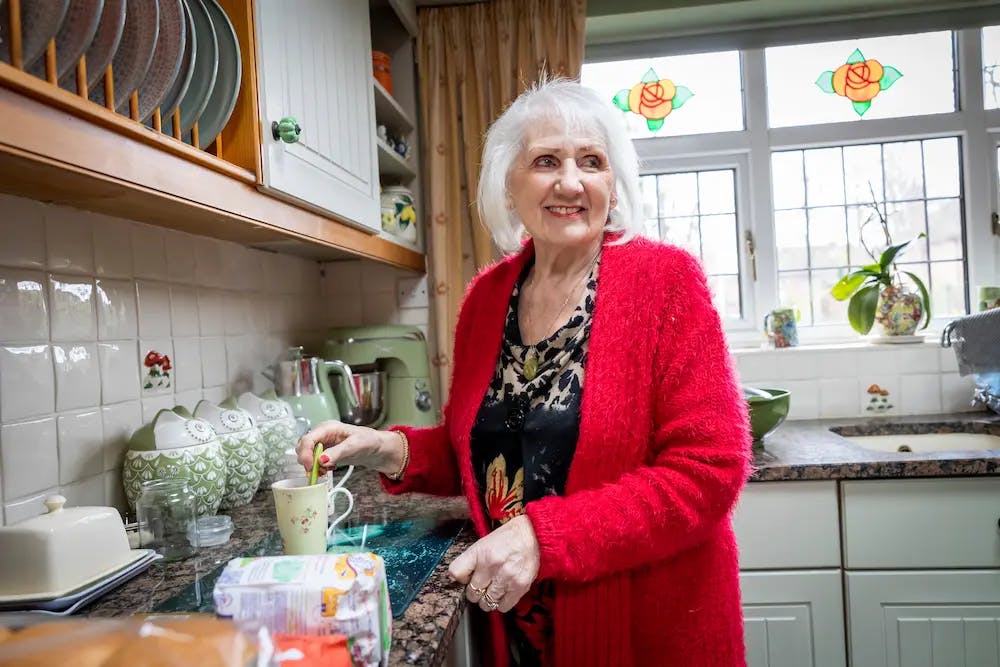
Caring For Elderly Parents | Tips, Advice & How To Find Support
When caring for elderly parents, you'll want to give them the best possible support. This guide contains tips and advice for providing an amazing level of care.

Overnight Care At Home Services | Sleeping and Waking Care
Through overnight care at home, a dedicated carer will stay with your loved one throughout the night to ensure their care and support needs are met.

Comfort Care At Home | How To Find & Arrange It
Comfort care is a key part of end-of-life care, ensuring your loved one is cared for with dignity and compassion. Here's what it is and how to arrange it.

Nursing Care At Home | Professional and Dignified Support From a Paid Nurse
Nursing care at home allows your loved one to receive professional care from a registered nurse, without having to leave the comfort of their own home.
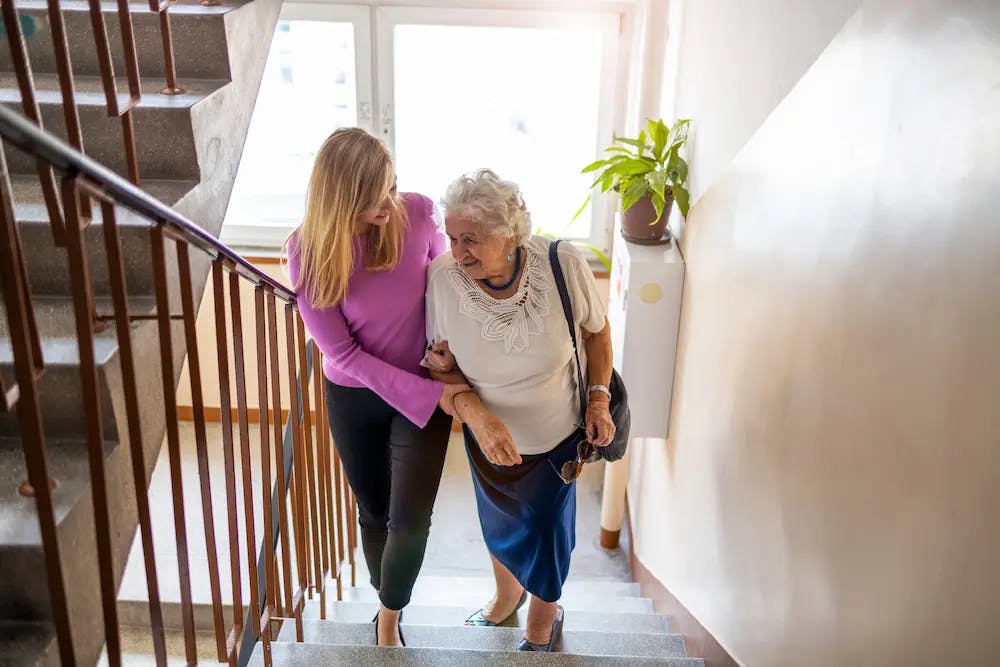
Dementia Care At Home Explained & How To Find It
If your loved one has dementia but wishes to remain in the comfort of their own home, dementia care at home may be the best option. We've explained this here.

Receiving Compassionate Palliative Care At Home
Through palliative care at home, your loved one will receive comforting support within a familiar setting, surrounded by the people they cherish the most.
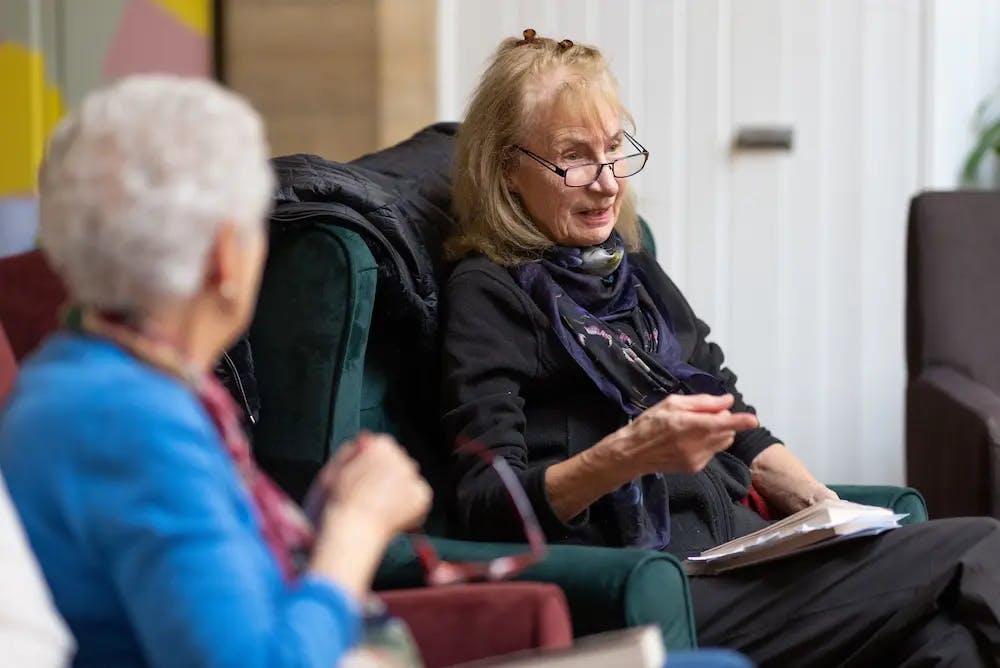
Respite Care At Home Explained | Breaks For Carers
Through respite care at home, you’ll be looked after on a short-term basis within your own home. Here, we’ve explained how this works and how to arrange it.

Home Care Costs | How Much Is Home Care In 2025?
Home care costs vary throughout the UK, and we've highlighted how much you might pay. You could also be eligible for financial support from your council.
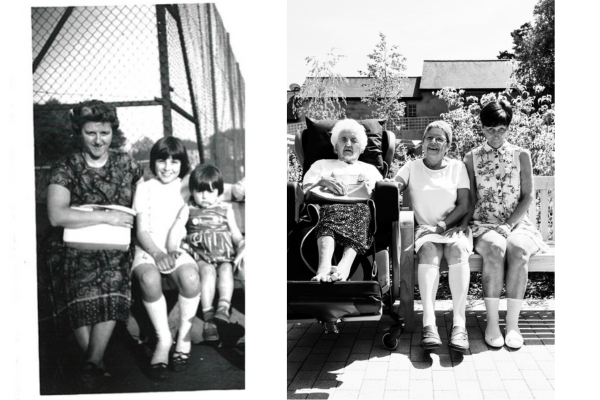
Meet the Families Recreating Their Iconic Childhood Photos
To reminiscence about wonderful memories, families in Birmingham care homes have recreated their favourite childhood photos and brought these back to life.
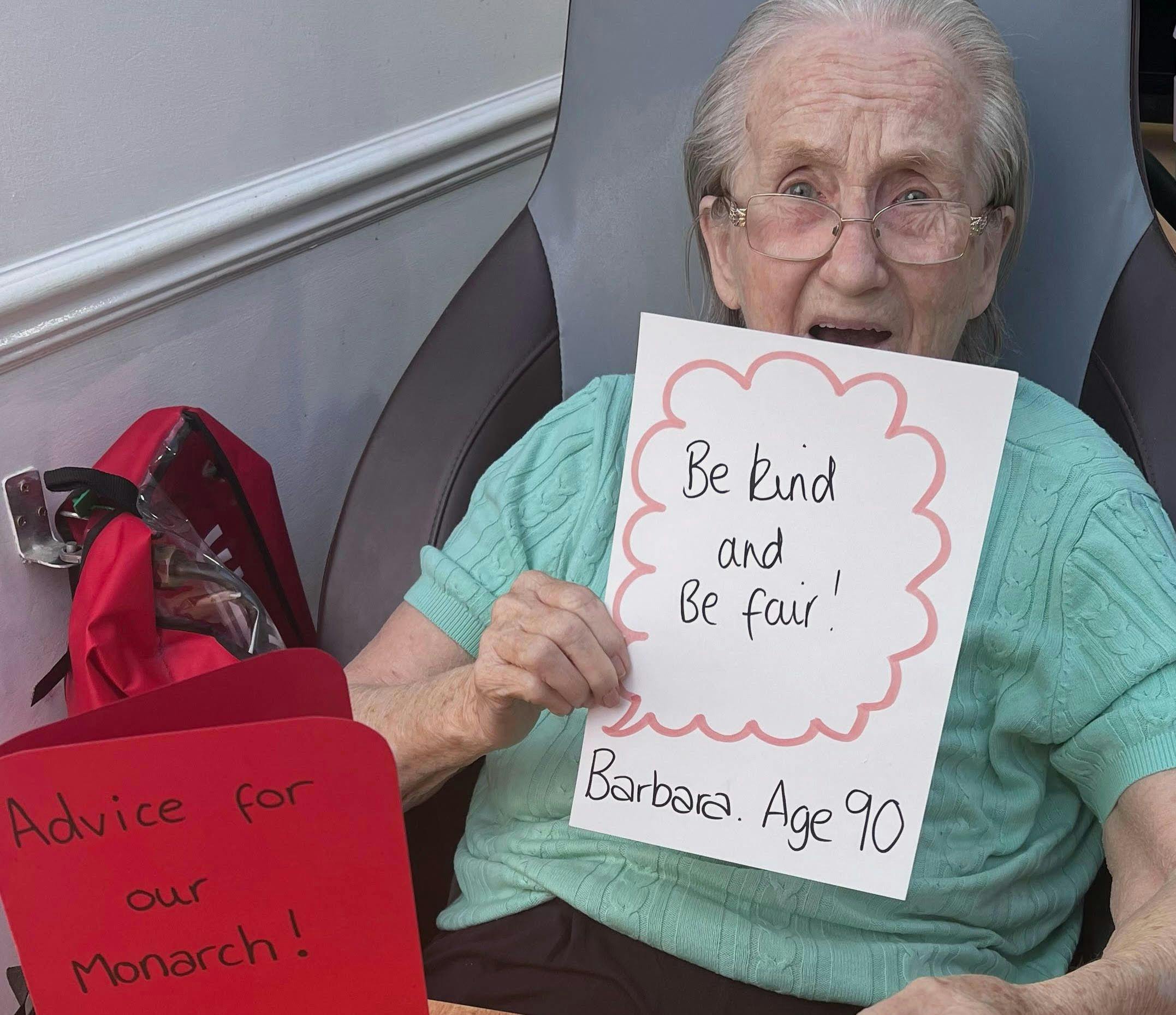
Meet The Care Home Residents Sharing Their Advice For King Charles
To mark the coronation of King Charles on the 6th of May, care home residents across the UK have come together to share their words of wisdom for the new King.

Dosette Box - What They Are, Benefits and How To Get One
Keeping track of the medication you take can be tricky. This is where dosette boxes come in. They make it much easier to properly organise these medicines.

Rise in Norovirus Cases For Over 65s: Guidance For Care Homes
We’ve explained what Norovirus is, how to protect yourself from it, and the procedures care homes have in place to keep their residents safe.

Meet the Care Home Residents Across the UK Sharing Their First Date Advice For Valentine’s Day 2023
To mark Valentine’s Day 2023, care home residents across the UK have shared their words of wisdom and ‘First Date Dos and Don’ts’ for younger generations.
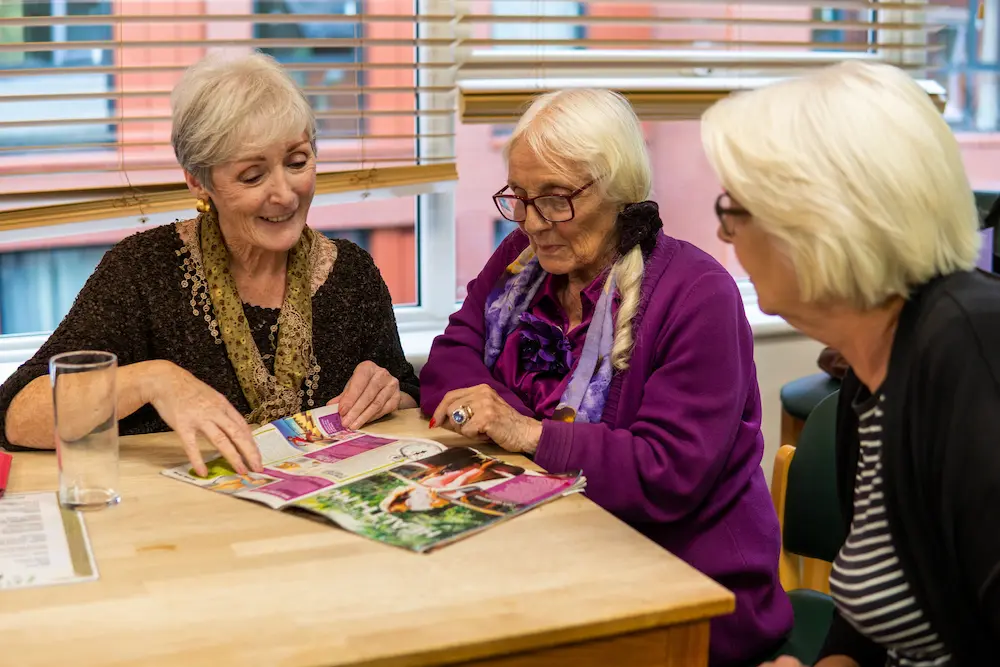
Discounts For Carers: A Complete Round-Up of Exclusive Offers & Discounts
Find discounts for carers here, including free and discounted days out, everyday savings and other support available to carers in the UK.

Disabled Facilities Grant | Financial Support For Home Adaptations
A Disabled Facilities Grant ensures the needs of disabled people are met in their day-to-day home life. These grants are available throughout most of the UK.

Getting a Carer’s Assessment: How They Work
If you care for someone, a carer’s assessment looks at what help can make life easier. This assessment is for carers of people who are disabled, ill or elderly.
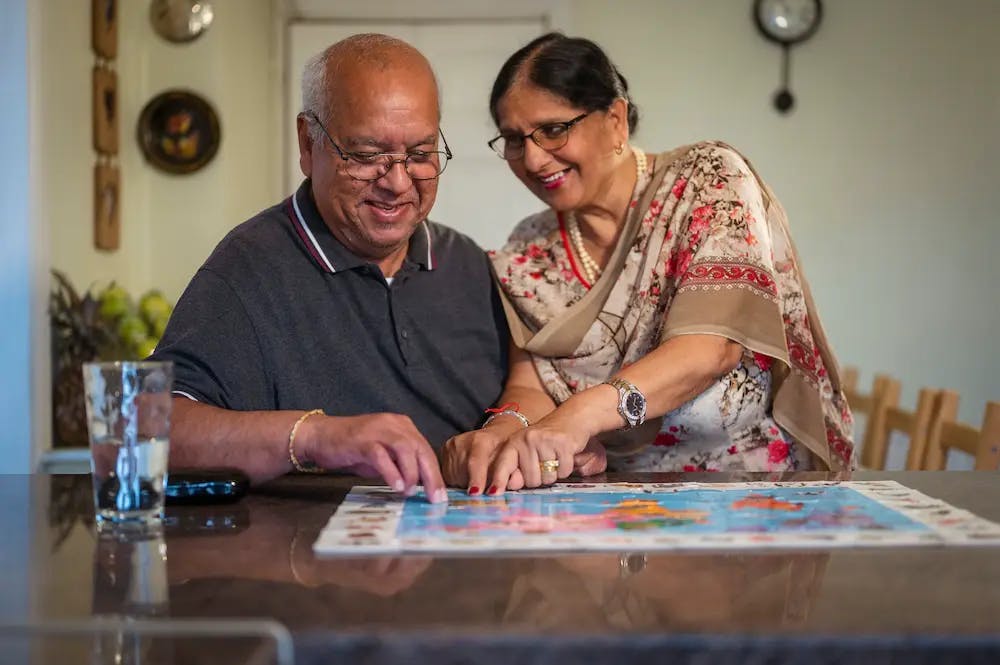
What is Companionship Care and Why Is It Important?
Companionship care services provide support for those who can still live independently within their own homes, but could do with some extra social interaction.

What is Ageism? | Tackling Myths Surrounding Ageism
Our research has identified the biggest misconceptions about ageism that urgently need to be challenged in society. Here's what ageism is and examples of it.
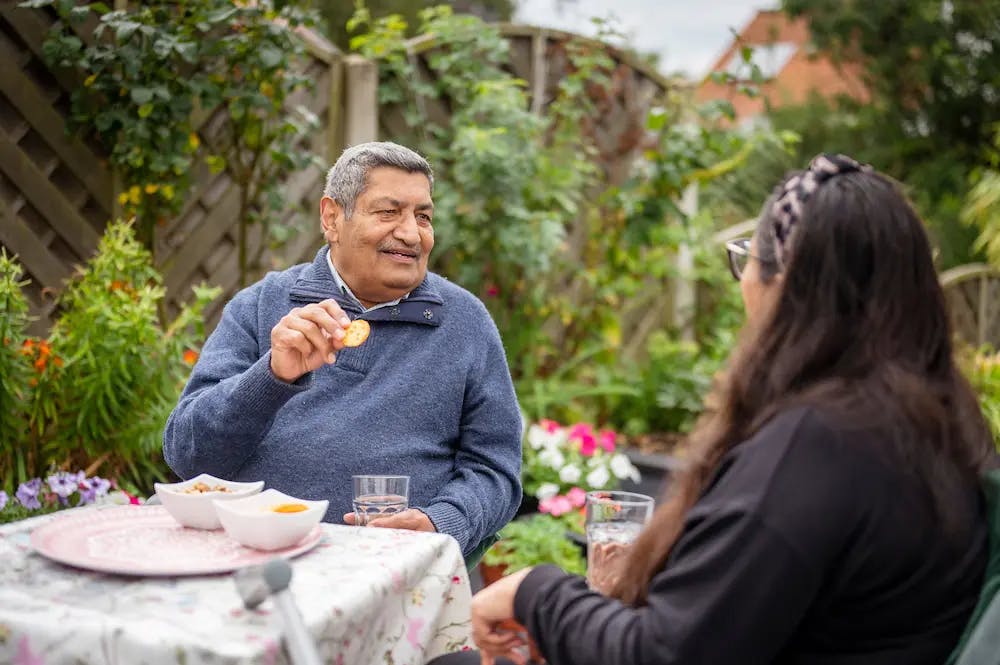
What is Live In Care? Stay Independent and Safe at Home
If your loved one requires regular care but they’d still prefer to continue living in their own home then live-in care could be the perfect solution.

What is Personal Care? Receiving Daily Support and Help
Personal care refers to any personal form of support and includes tasks that are essential for daily living like bathing, getting dressed and preparing meals.
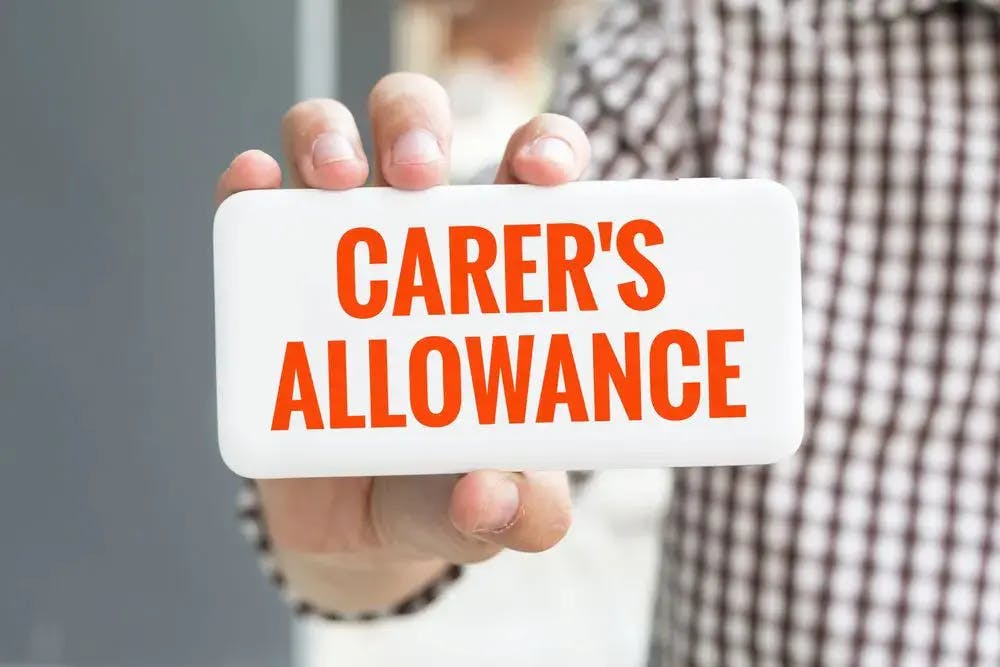
Carer’s Allowance Explained | How This Benefit Works
Carer’s Allowance is the main benefit that carers can receive. We’ve explained everything you need to know about Carer’s Allowance, including how to claim it.
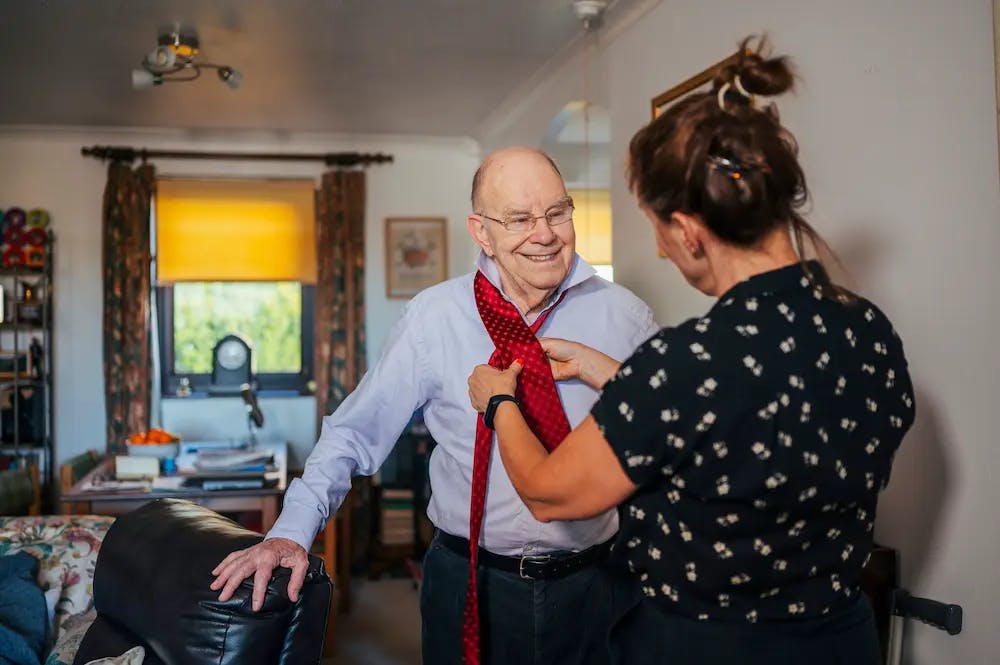
What Benefits Can You Claim If You Are a Carer?
As a carer, there are several state benefits that you may be entitled to. Read on to learn what each of these benefits is, how they work and how much they pay.
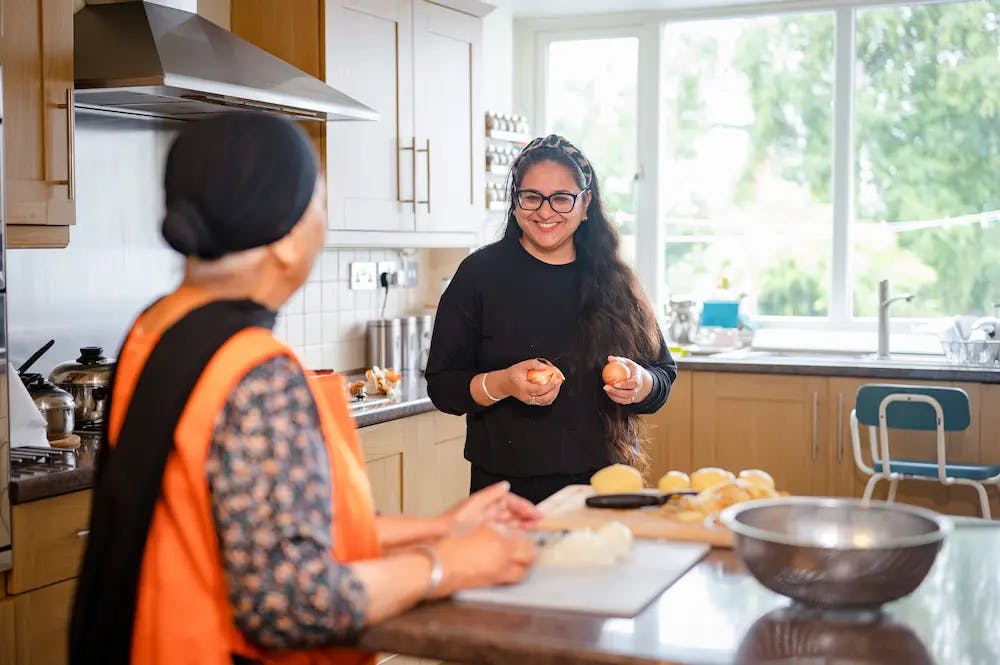
What is Domiciliary Care? (Definition, Types, Advantages & Disadvantages)
Through domiciliary care, you or your loved one can receive care whilst remaining in the place where you likely feel most comfortable - at home.
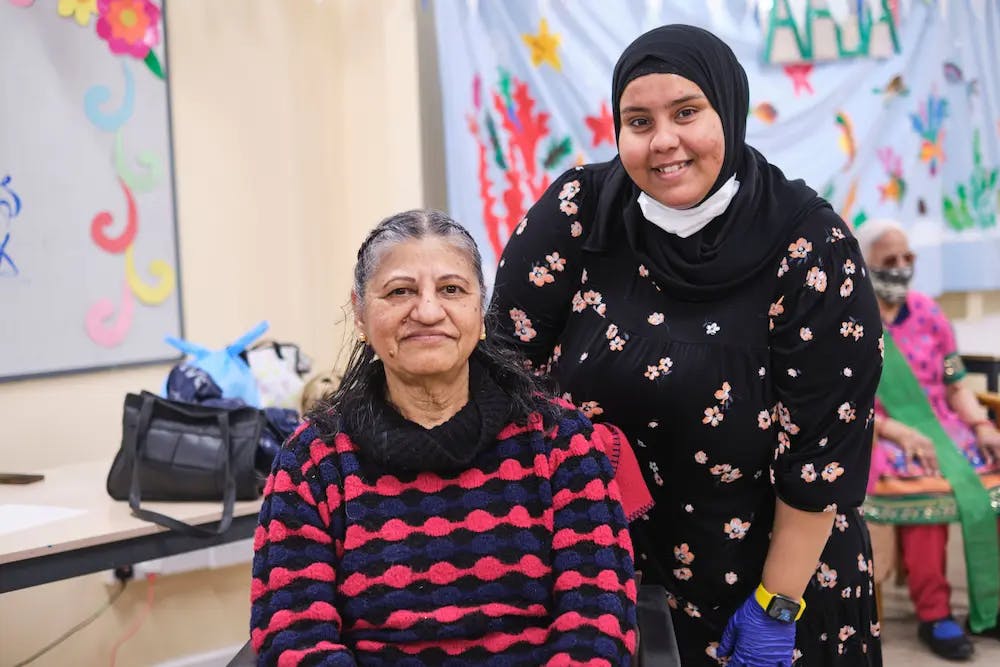
Being a Carer For a Family Member or Parent
Whether you’ve been looking after a family member for a while now or you’re just starting out, our article will explain how best to care for your loved one.

Emergency Respite Care: Breaks For Carers
Respite care is a short-term solution where a different carer takes over your responsibilities. Learn about emergency respite care and taking a break from care.
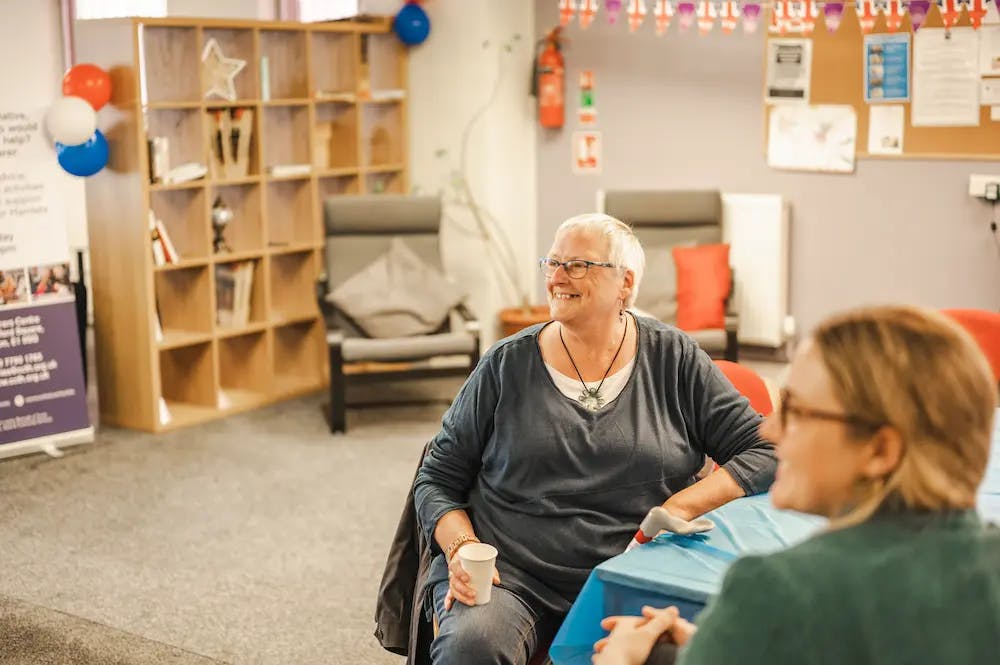
Everything You Need To Know About Assisted Living (Extra Care Housing)
Also known as extra-care housing, assisted living allows you to remain independent whilst receiving various levels of personal care.

A Sense Of Isolation: Tips And Solutions
We all feel lonely from time to time - but what do you do when you consistently feel lonely and isolated? Read on for our tips and solutions.

